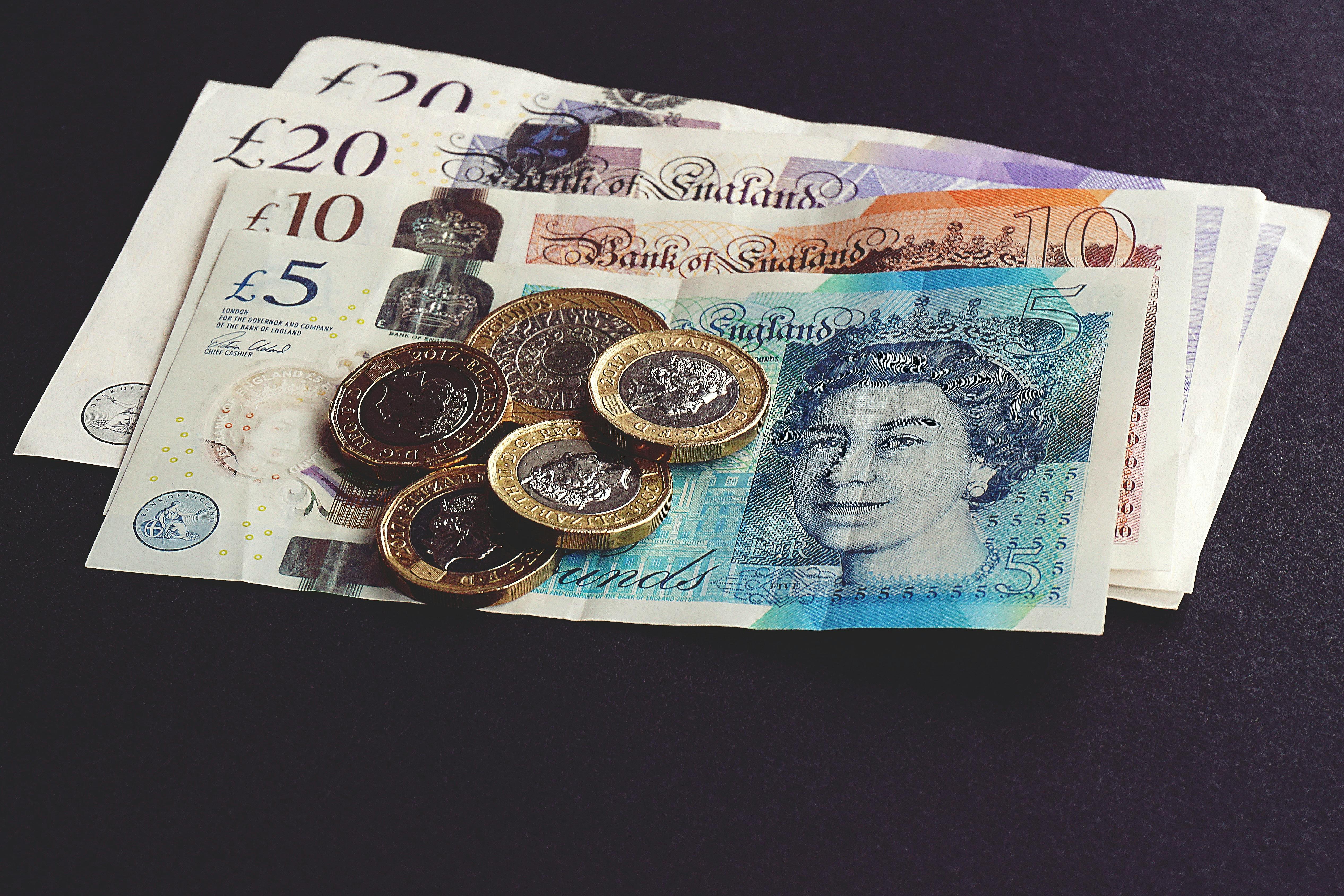On 6th March 2024, Chancellor of the Exchequer, Jeremy Hunt, announced the government’s plans for the UK economy in the Spring Budget. With a focus on lowering inflation and increasing the countries GDP per capita, the chancellor set out plans to be enrolled over the next few years. But how will these changes affect business owners and taxpayers?
National Insurance Cuts
The most notable change announced during the Spring Budget was a 2% cut in employee National Insurance (NI). This is on top of the 2% cut announced in the Autumn Statement last November. This means that, from 6th April 2024, employee NI will drop to 8%; the lowest rate since 1975. Those earning an average salary of £35,400 will save £450.
It is important to note that these changes only apply to the basic NI rate. Any earnings over £4,189 per month will still be taxed at 2%.
Previously, NI for the self-employed (known as Class 4) was set to decrease to 8% from April 2024. The Spring Budget has announced a further 2% reduction. This means those who are self-employed will be taxed at 6% from next month.
Employer NI contributions will not be changing according to the Spring Budget. The rate will remain at 13.8%.
VAT Threshold
Another significant announcement from this year’s Spring Budget relates to the VAT threshold. The threshold will increase from £85,000 to £90,000. This is the first rise the VAT threshold has seen since 2017.
The increase has been introduced to prevent smaller businesses from falling into the VAT regime due to rising inflation and the cost of living crisis. However, many are worried that this increase of only £5,000 may not be enough to cover the cost increases.
Capital Gains Tax
The higher rate of Capital Gains Tax (CGT) on residential property sales will decrease. The Spring Budget states that the rate is being cut from 28% to 24% from 6th April 2024. The basic rate on property sales will remain at 18%. CGT only applies to certain property sales – you can find out more here.
High Income Child Benefit Charge
A raise of the High Income Child Benefit Charge (HICBC) threshold to £60,000 was also announced in the Spring Budget, along with raising the withdrawal taper from £60,000 to £80,000. This will increase from April 2024.
The charge allows child benefits to be taken back from higher earners through the tax system and has been unchanged since its introduction in 2013.
The rise will be introduced to prevent basic rate taxpayers having to complete tax returns for only their HICBC. This issue was caused by the tax thresholds increasing for the 2021/22 tax year, pushing the higher-rate bracket above the original £50,000 threshold.
Additional Changes
The following are additional changes announces during the Spring Budget:
- Non-Dom status will be abolished from April 2025. A new system will be introduced where no tax will be paid on non-UK income for the first 4 years of being in the UK. UK tax rates will apply after this period.
- Multiple dwellings relief will be abolished. This allowed Stamp Duty Land Tax relief for transactions where two or more dwellings were purchased at once.
- The furnished holiday lets regime will cease from April 2025. This allowed short-term lets to receive tax reliefs like small businesses.
- A New UK ISA will be introduced, allowing individuals an additional £5,000 annual investment in UK assets.
- Fuel Duty freeze has been extended for a further 12 months.
- Alcohol Duty will be frozen until February 2025.
- Vape Duty will be implemented from October 2026. An increase in Tobacco Duty will occur at the same time.
If you have any questions about how the budget could affect you or your business, please do not hesitate to contact us.

No Comments